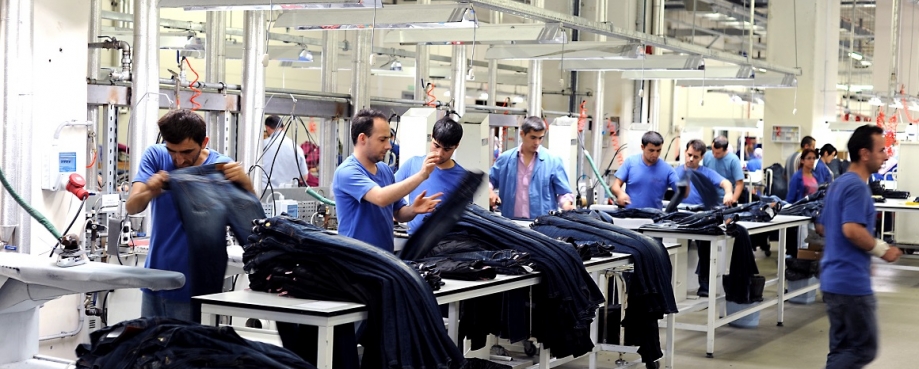
In his blog ‘What to do with nearly three million Syrian refugees in Turkey?’ Dr Emre Eren Korkmaz identified access to the labour market as probably the weakest link in all of Turkey’s legislative measures in support of refugees. Here Eren writes about the importance of informal networks in finding jobs. And why it is so important to understand how such networks operate if refugees are to be helped to find decent employment in the formal economy.
As the Turkish authorities maintain that Syrian refugees are only resident in Turkey temporarily, the country's support to, and legislation around refugees mainly concentrates on the provision of basic needs.
However, hundreds of thousands of refugees participate in the labour market in informal ways as a survival mechanism, with research showing that informal labour networks facilitate the relationship between refugees seeking jobs and local employers.
These networks may be family ties, social-tribal-ethnic-religious networks, town fellowships or labour brokers.
Identifying (and evaluating) such networks is subsequently necessary in order to convince and mobilize refugees to work in the formal economy, where they are more visible and have greater rights.
Syrian refugees in Istanbul
According to official reports, between 2013 and 2016, the number of Syrian refugees in Istanbul increased from 85,000 to 400,000. That’s a rise of 315,000 in just three years.
In a recent vulnerability assessment of Syrian refugees in Istanbul, humanitarian aid agency, Support to Life found that the primary reason that refugees moved to Istanbul was to find a job (54.8%). The second was to follow existing social networks such as family ties or ethnic-religious groups.
It is obvious that such networks and ties provide the necessary conditions to find a job and survive, and the following remarks from the report are particularly significant:
“Labor networks are used widely, and it seems that it is also very explanatory for the Syrian refugees. Labor networks are widely applied in the process of migration. Not only do they help potential migrants in obtaining information about the availability of the job positions, but also they help new migrants settle before starting a job.
Even though applying to labor networks might be helpful it should be highlighted that not always can it be trusted. During the interviews several refugees stated that the jobs that were provided for them via labor networks turned out to have poor working conditions as well as low salaries that were oftentimes not paid on time and consistently.
STL assessment teams have confirmed that networks are influential in the choices that Syrian refugees make in terms of travel routes in Turkey, choice of location of settlement, social support mechanisms, and access to income.”
Networks are a general migration phenomenon
Social and labour networks are not unique to Syrian refugees. This is a general phenomenon in migration.
For instance, the 50 year-long experience of Turkish immigrant workers in Western Europe proves the significance of such networks: in adopting to new lives, finding a job and providing education to children but also as a defence against hostile attitudes, to preserve identity and culture and to maintain solidarity within the migrant community.
Syrian refugees follow the same path.
Labour networks need to be identified and understood in order to mobilize the refugee workforce in support of formalization – as well as to build constructive relationships with the native workforce and sustain healthy labour relations.
Applying for work permits
I have already written that since January 2016, Syrian refugees are entitled to a work permit under specific conditions, and that ETI, its stakeholders and partners contributed to this progress.
Yet to date, applications for work permits have been limited, which means that exploitation is likely to continue.
As ETI’s current Turkey programme aims to suggest ways to formalize the Syrian refugee workforce, understanding the nature of networks is therefore one of the priorities of our work.
